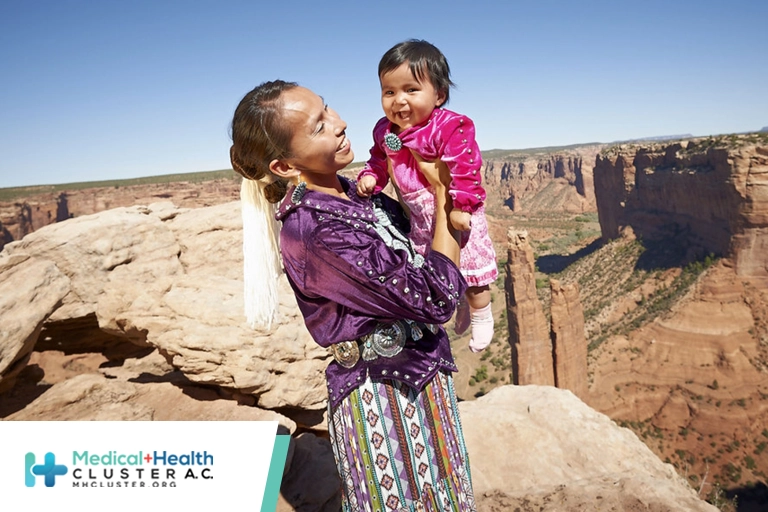En atención a la creciente preocupación sobre la confianza en...
Leer más
A New Shot Prevents Serious Illness from RSV

Clinical trials show that a single injection of nirsevimab significantly reduces severe illness from respiratory syncytial virus, which sickens millions of kids each year.
Nearly all children will be infected by respiratory syncytial virus, or RSV, by the time they turn 2. Most experience common cold symptoms and recover within two weeks. Some children, however, develop severe lung infections from the virus, causing respiratory distress and even affecting their ability to feed.
In the U.S., RSV leads to over 2 million outpatient visits and 58,000 hospitalizations of kids under 5 each year. The only available prevention against the disease is a series of five monthly injections approved for a very small subset of infants at highest risk, including babies with congenital lung or heart disease or born more than two months prematurely.
Nirsevimab, a long-acting monoclonal antibody, may help to make a dent in these numbers.
Results from a global multicenter trial involving the Center for American Indian Health show that the drug safely protects healthy infants from RSV-associated lower respiratory tract infections. A single injection of nirsevimab reduced the incidence of lower respiratory tract infections that required medical attention by 74.5% in healthy infants compared to the placebo group.
The inclusion of Native American communities in the research is significant, as trial participants historically have not been representative or demographically diverse. These communities also experience a disproportionate share of serious illness from RSV infection. Native American infants in the U.S. are 2.5 times more likely to be hospitalized for RSV than other populations and are more likely to develop severe consequences including airway inflation, bronchiolitis, and pneumonia.
The high rates of RSV in U.S. Indigenous populations are driven by persistent inequities in social determinants of health related to poverty, household crowding, lack of indoor plumbing, indoor air pollution, and limited access to care.
“It’s important that participation in clinical trials is offered to the populations for which the product is intended,” says Laura Hammitt, MD, director of Infectious Disease Programs at the Center for American Indian Health, who led the nirsevimab clinical trials at Center sites in the Southwest U.S.
“RSV bronchiolitis hospitalizations remain a persistent health disparity for Native American infants,” says Hammitt, an associate professor in International Health. “We’re proving effective products for everybody, not just for Anglo populations.”
Nirsevimab is not a vaccine but a long-acting monoclonal antibody, a form of passive immunity, explains Hammitt. While vaccines function by triggering the immune system to develop antibodies to fight an infection, or active immunity, monoclonal antibodies are administered directly, providing fast-acting direct protection from disease.
Because nirsevimab is designed for prevention of RSV in all infants, even if they do not meet the “high-risk” criteria, it could have substantial impact on RSV prevention if it becomes available on a large scale.
Source: https://publichealth.jhu.edu/2022/a-new-shot-prevents-serious-illness-from-rsv?fbclid=IwAR12QTJTL3s_Xi-InHVYtbxOtHYeapmwQmgLqoZac5YST6G7hShKuG2XjFg




